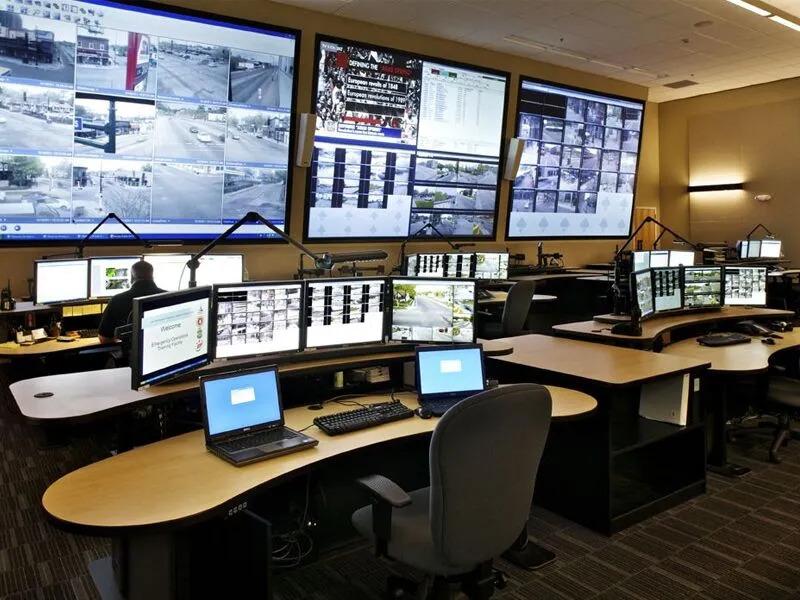In a world where the potential for unauthorized surveillance has become a growing concern, the need for effective countermeasures is more critical than ever. Counter surveillance services have emerged as a key resource for individuals and organizations looking to protect their privacy and security from covert surveillance activities. These services are designed to detect and neutralize surveillance threats, ensuring that sensitive information remains confidential. This article explores the significance of counter surveillance services and how they play an essential role in safeguarding against unauthorized monitoring.
Understanding the Need for Counter Surveillance Services:
As technology advances, so do the methods used by those seeking to conduct unauthorized surveillance. Whether it’s a corporation trying to gain a competitive edge through industrial espionage, or a malicious actor attempting to gather personal information for blackmail or fraud, the threat of being monitored without consent is real and pervasive. Counter surveillance services are designed to identify and mitigate these threats by employing advanced techniques and technologies to detect surveillance devices and activities.
Counter surveillance services are particularly vital for businesses that handle sensitive information, such as trade secrets, intellectual property, or confidential client data. The potential damage from a breach of this information can be immense, leading to financial losses, legal liabilities, and reputational harm. By employing counter surveillance services, businesses can ensure that their communications and operations are secure from unauthorized monitoring, thereby protecting their assets and maintaining the trust of their clients.
How Counter Surveillance Services Work:
The process of counter surveillance involves a thorough and systematic approach to detecting and neutralizing surveillance threats. Counter surveillance services typically begin with a comprehensive assessment of the environment to identify any potential vulnerabilities that could be exploited for surveillance. This may include examining physical spaces, electronic systems, and communication networks for signs of covert monitoring.
One of the primary tools used in counter surveillance services is the radio frequency (RF) detector, which scans for transmissions from hidden cameras, microphones, or tracking devices. These devices often emit RF signals that can be detected even if they are well-concealed. In addition to RF detection, counter surveillance services may use thermal imaging, which can identify hidden devices based on the heat they emit, and non-linear junction detectors, which can find electronic circuits even when a device is turned off.
Once any surveillance devices are detected, counter surveillance services will work to neutralize these threats. This can involve physically removing the devices, jamming their signals, or implementing security measures to prevent their effectiveness. In some cases, counter surveillance services may also employ tactics to deceive or mislead those attempting to conduct surveillance, further protecting the client’s privacy and security.
The Benefits of Engaging Counter Surveillance Services:
The benefits of engaging counter surveillance services are substantial, particularly for organizations and individuals who are at risk of being targeted by unauthorized surveillance. One of the most significant advantages is the protection of sensitive information. Whether it’s proprietary business data, personal communications, or strategic plans, ensuring that this information remains confidential is crucial for maintaining security and trust.
Another key benefit of counter surveillance services is the peace of mind that comes with knowing that your environment has been thoroughly examined and secured by professionals. The knowledge that potential threats have been identified and neutralized allows businesses and individuals to operate with confidence, free from the fear of being monitored without their consent.
Moreover, counter surveillance services are discreet and confidential, ensuring that the very act of engaging these services does not draw unwanted attention. This is particularly important for high-profile individuals or organizations that wish to address potential security risks without creating public concern or panic.
Conclusion:
In today’s increasingly complex and interconnected world, the threat of unauthorized surveillance is a pressing concern for both individuals and organizations. Counter surveillance services provide a critical layer of protection, helping to detect and neutralize surveillance threats before they can cause harm. By employing advanced technologies and expert techniques, these services play a vital role in safeguarding privacy, securing sensitive information, and ensuring that businesses and individuals can operate with confidence. As the landscape of surveillance continues to evolve, the importance of counter surveillance services will only continue to grow, making them an essential component of modern security strategies.
